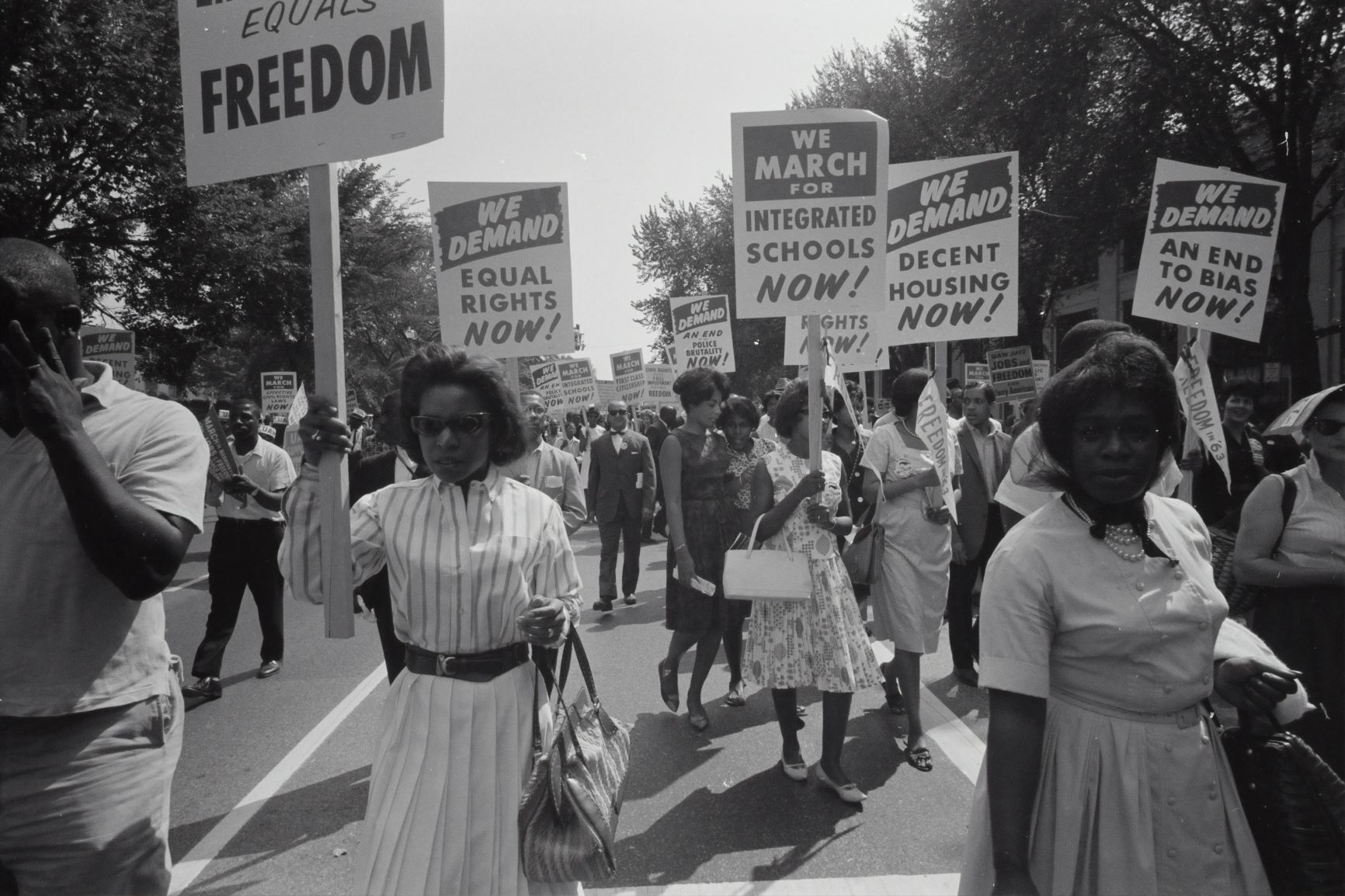COVID-19 as Disability Interest Convergence?
During the pandemic, disability rights have been negotiable and vulnerable to sacrifice in service of the needs of able-bodied, neurotypical people.
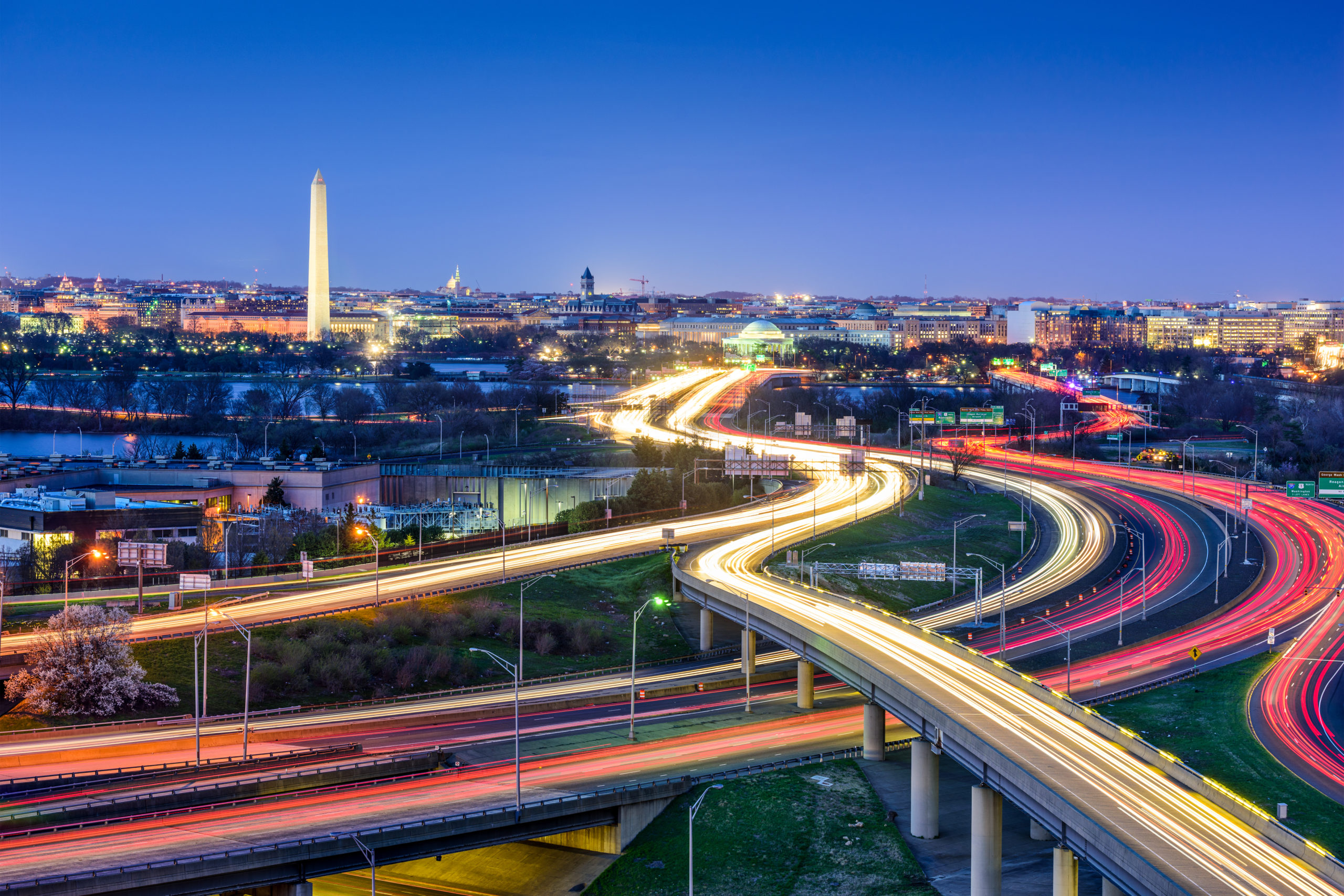
During the pandemic, disability rights have been negotiable and vulnerable to sacrifice in service of the needs of able-bodied, neurotypical people.

Collectively with these contributors, we aim to define the contours of the health justice movement and debates within it.
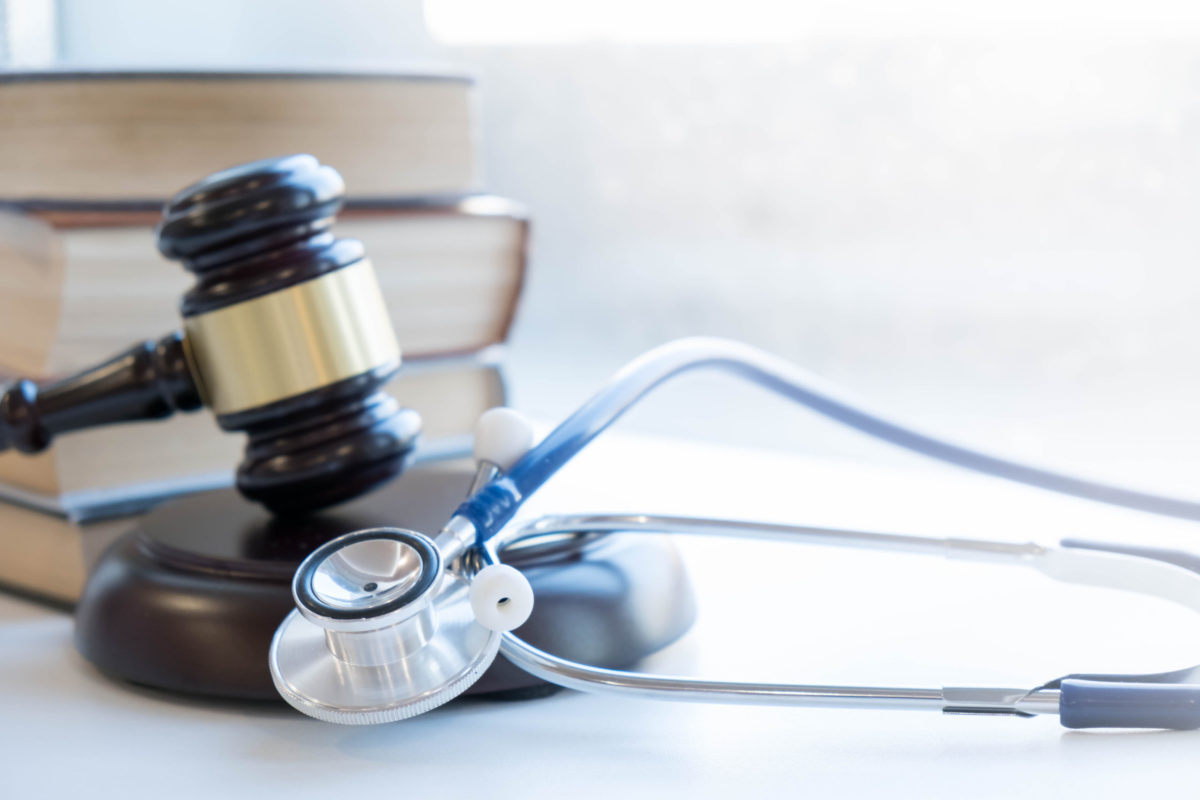
This symposium explores how scholars, activists, communities, and health officials can use health justice frameworks to achieve health equity.
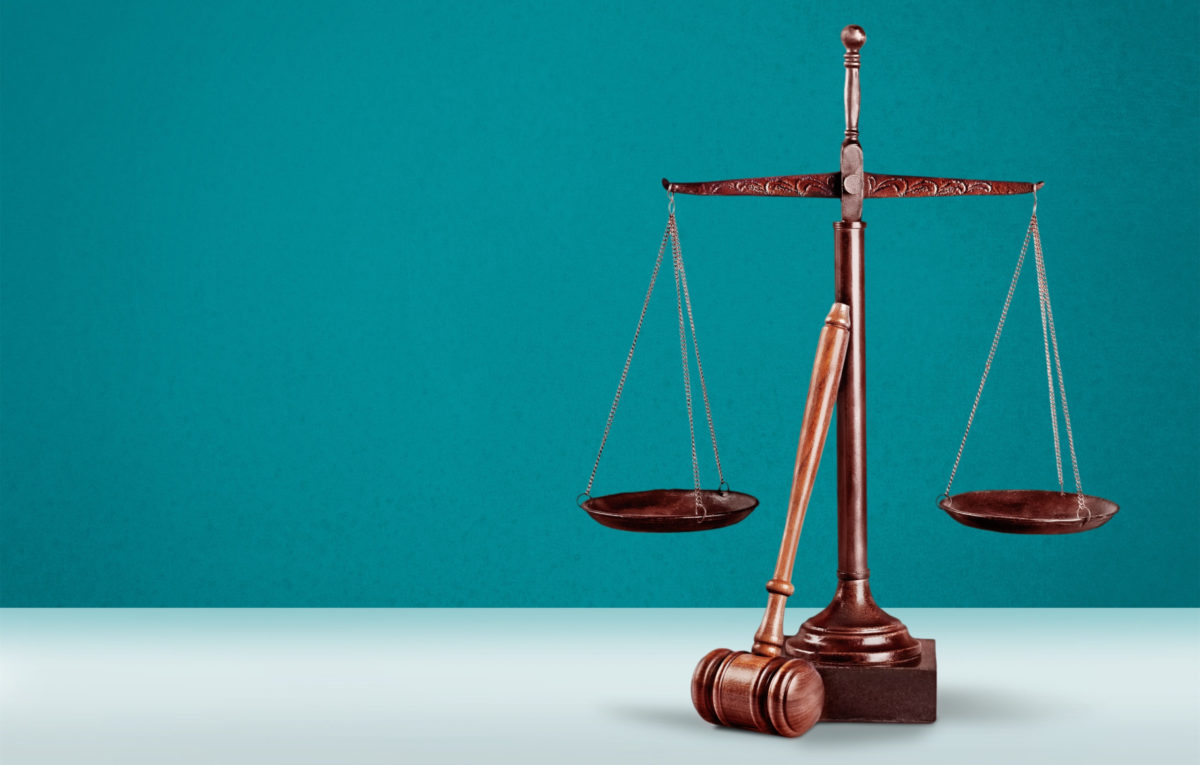
Through social movement advocacy and engagement, BIPOC can create their own narrative of medical need and activism.
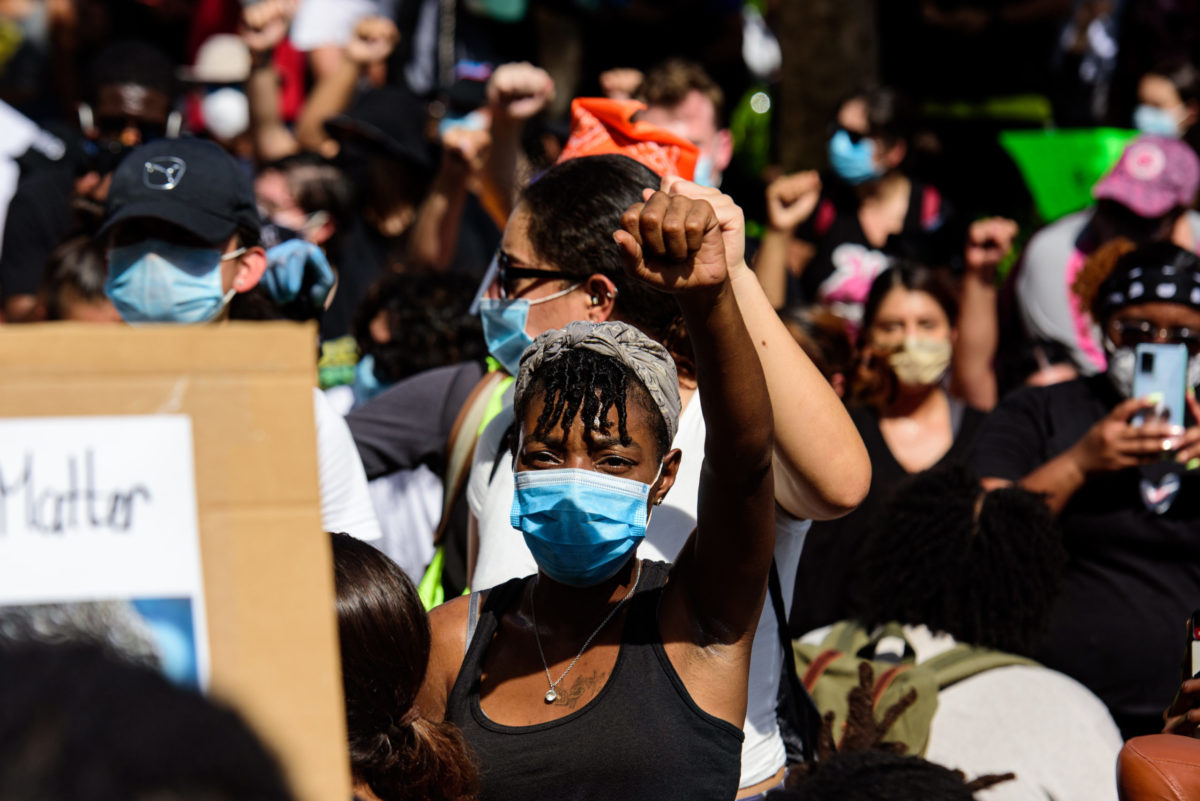
Among the most salient lessons to be learned from the coronavirus pandemic is that justice is just plain good for America’s health.
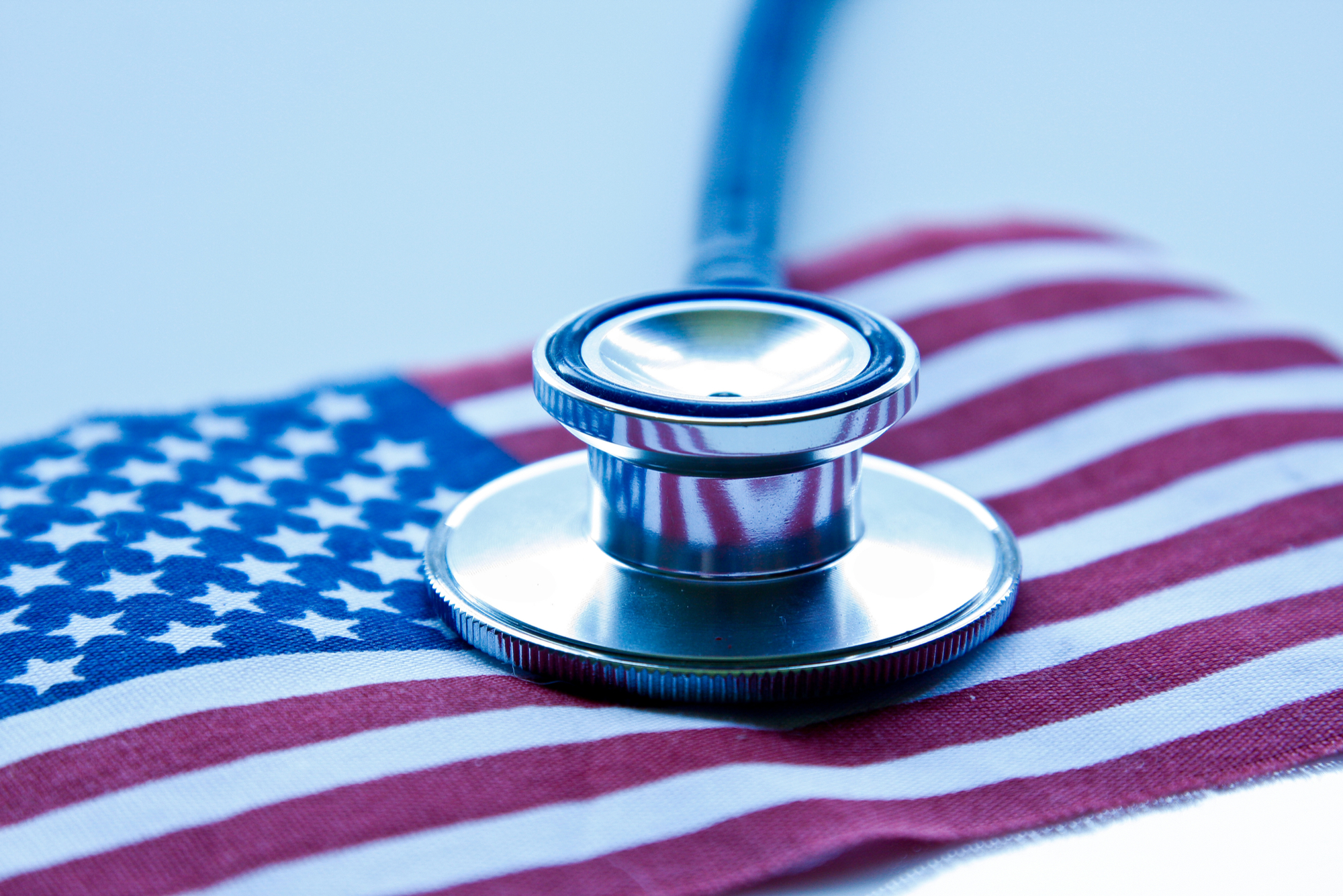
Existing forms of racism or subordination may shape the design of social interventions and impact of risk targeting in harmful ways.

BIPOC are either subject to hypervisibility, or medical erasure, where their medical needs are left unaddressed and ignored.
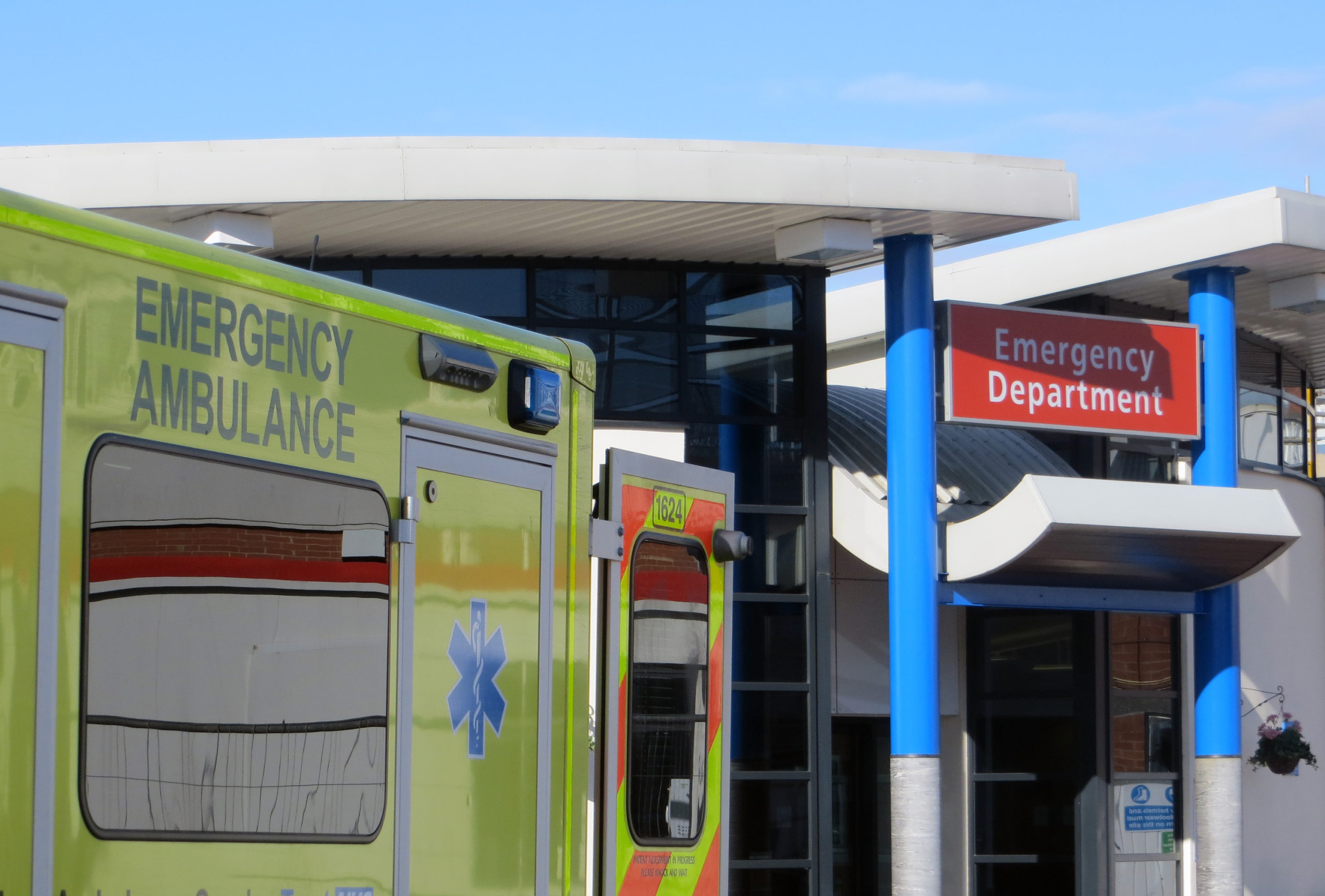
Social, economic, and environmental factors account for the vast majority of health outcomes. And housing encompasses many of these factors.
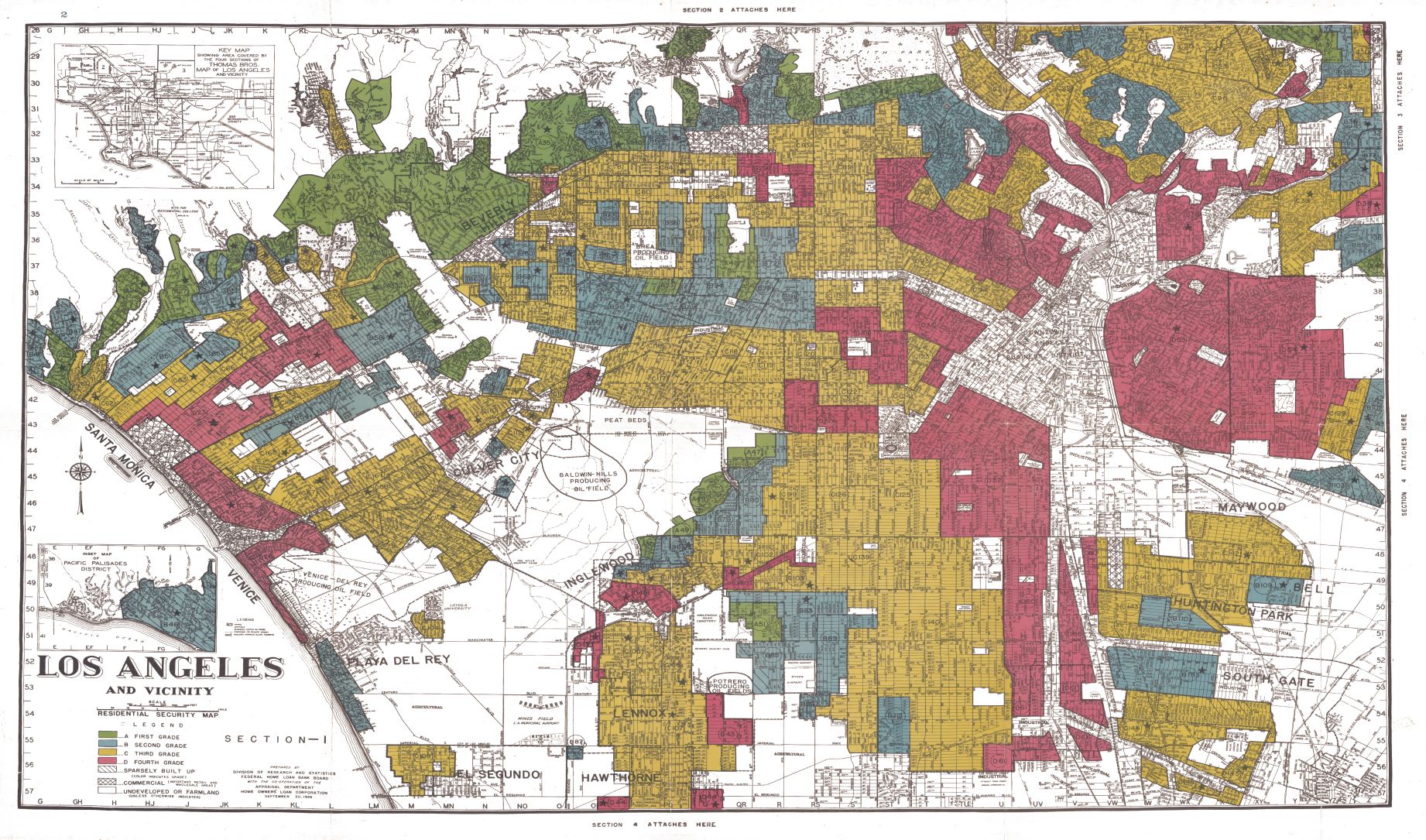
Considering the cross-cutting nature of racism as a social determinant of health, medical-legal partnerships can and should address it directly.
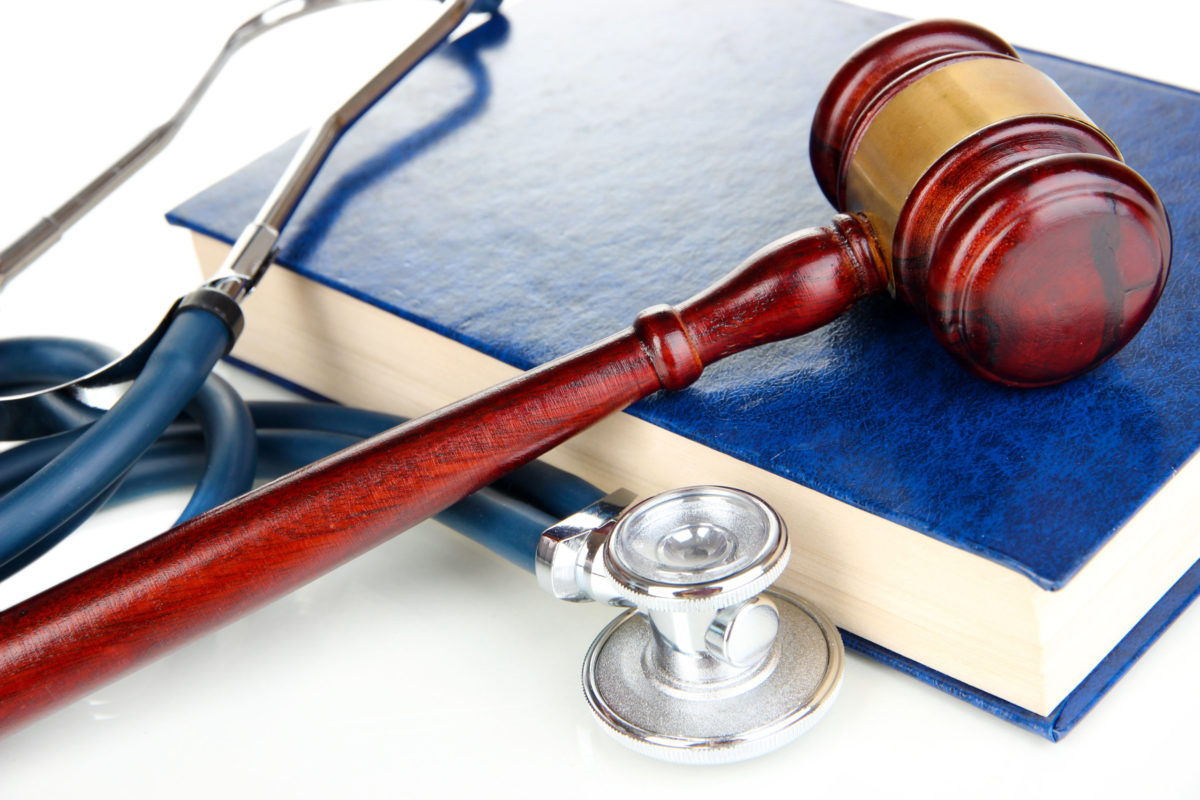
Government and public health officials must aggressively work to end structural racism and revise laws that create racial inequalities.
